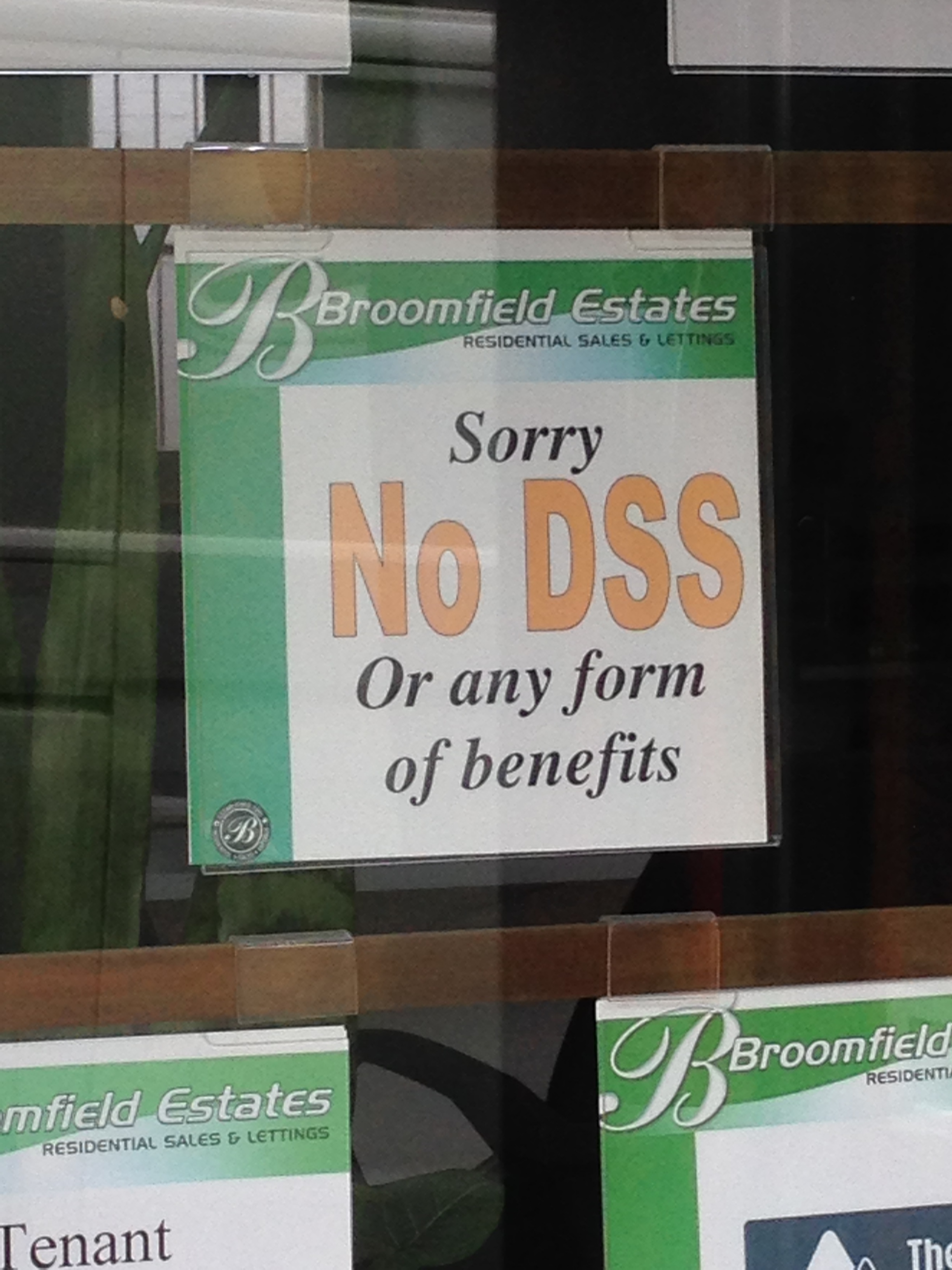We have a house. We own a house. I’m still reeling a bit at that fact, and also at the sudden financial necessities like replacing the old immersion tank and getting someone in to look at the spare room to find the cause of that weird smell (is it damp? is it coming from the loft we can’t get into because there’s no ladder?). The costs I was anticipating, though, the ones we knew were coming from the start, are the ones needed to make this lovely little house into one I can live in independently and safely. Before we decided to buy this house, before we decided to buy a house as opposed to any other type of residence, we knew there’d be a number of costs involved to make it suitably accessible. While looking for a home to share together we quickly had to scrap the dream idea of a bungalow as the only ones within reasonable walking/rolling distance of the city, although stunning, were 100k out of budget. We did find one right by the city on its own large plot of land, but we had both decided we’d like some neighbours, and couldn’t take on a fixer-upper either. Neither of us are particularly skilled at home renovations, for my part not even those that can be done from a seated position! Flats, too, quickly disappeared from our searches. Older more characterful flats were invariably not wheelchair accessible from the street, and the affordable newer ones too small – plus we worried about noise issues and lifts breaking, both things notorious in apartment buildings, not to mention increasing service charges. It made more sense to buy a house and spend a lump sum of money making it suitably accessible to last the next 10+ years than to pay increasing charges year on year for somewhere that wasn’t our first choice.
So what needs doing? The list has three major things, and a couple of minor things that we can mostly buy/install ourselves. Of the majors, the stairlift was the obvious priority, followed by replacing the back door with a level access one as my wheelchair takes up most of the width of the front hallway at the moment. Installing a downstairs loo and shower room in the current cloakroom is a much larger and more expensive project so will be done last. After making enquiries, we were cautiously optimistic that Richard, the lovely surveyor from Norfolk Stairlifts, would approve our creaky wooden stairs, as the previous owners told us that there’d been one installed when they bought the property, so we knew the stairs had fit one at some point. Soon after our home assessment I visited the showroom and tried out the suitable model of stairlift for very narrow stairs, and one with the manual swivel mechanism that our equally narrow landing demands if I want to avoid constantly bashing my knees into the wall. It’s going to be a tight fit for both me and for anyone using the stairs, but it can be done. I’d been managing the stairs for the month since we moved in, but it was difficult and causing some painful and sleepless nights. It’s also no fun rationing drinks to avoid having to go upstairs to the loo too often, then sitting down for a wee on screaming hips with a heart rate of 110.

The very good news about the stairlift is that it was about half the cost of what we’d thought it would be as we didn’t need a curved rail, so I could pay for it myself without needing any contribution from Chris for something that he won’t use and will probably find himself infuriated by at times. The less good news about all our access renovations is that we don’t qualify for any help towards costs. I plan on expanding on this in another post, but the council’s Healthy Homes scheme approves financial aid primarily based on receipt of certain benefits and I lost all hope of getting back on ESA when I moved in with a partner because [rant about the system saved for other post]. To decide eligibility without these benefits, they look at income; again, both mine and his. I didn’t think we’d stand a chance based on his income, but at least I have enough in those savings to cover the stairlift and maybe half a door largely thanks to Arriva London Buses. I might even be able to keep my Emergency Wheelchair Fund untouched, which would be ideal as my current one is slowly rattling off this mechanical coil. I do find it frustrating on his behalf that Chris is having to pay for some of the access fixes, but at least he will use the back door and the downstairs bathroom. Despite his reassurances I’m still trying to swallow the Disabled Partner Guilt (which, again, is for another post).
The stairlift is being installed as I type. I’m marooned upstairs while this is happening as Ronnie, the technician, needs the stairs clear for all his equipment and we only have the one bathroom for now. Chris has escaped to work in the coffee shop to avoid the noise and disruption but it’s not been too loud so far (I can always put my headphones on). It takes 4-5 hours, which seems a very long time, but everything has to be measured and done so precisely (conversely, I’m told it takes under an hour to remove a basic straight stairlift!). A few hours doing chores from bed is a small price to pay for years of better accessibility in my own home!
Update:
The stairlift that best suited my needs is a Handicare 1100. It’s very slim and the rail sits relatively close to the wall which leaves just over half the stairwell free for pedestrians. The rail is straight because the hallway and landing are also very narrow (as in most Victorian terraces) so I find it best to use the external remote control to move the chair a few steps up after I’ve come downstairs or else it gets in the way of the kitchen door. Once I’m at the top or bottom of the stairs, I pull a little lever under the seat to swivel the chair around (using the bannister to push myself) so I can get off. There’s a little switch under one arm to raise or lower the footrest, and there is a seatbelt which they recommend is used (but won’t revoke the stairlift if you don’t). There’s also a key which you can use to lock it, meaning when our toddler nephew visits he won’t be able to take himself for a ride on Auntie Nina’s Fun Chair. We were very happy to find that the stairlift would not come into contact with the two plug sockets at the bottom of the stairs – there was no need to drill through into the kitchen, and I can still use the second socket for charging my powerchair until we make it a base in the utility room. It’s not too noisy either, just a droning hum that sounds a bit like electronic bagpipes to my mind! It would be quieter if we had carpet, but we’re not sure we want any carpeting in the house yet let alone on the stairs – Ronnie tells me that he’s worked a few jobs installing complicated stairlifts when the client casually mentions they’re getting the carpets redone in a month! I promised him if we did get carpet it would just be a runner. We have 101 more things to get done before we even think about the stairs anyway.
Here’s what it looks like in our house:
Now, onto the back doors – and the never-ending task of choosing paint colours!









